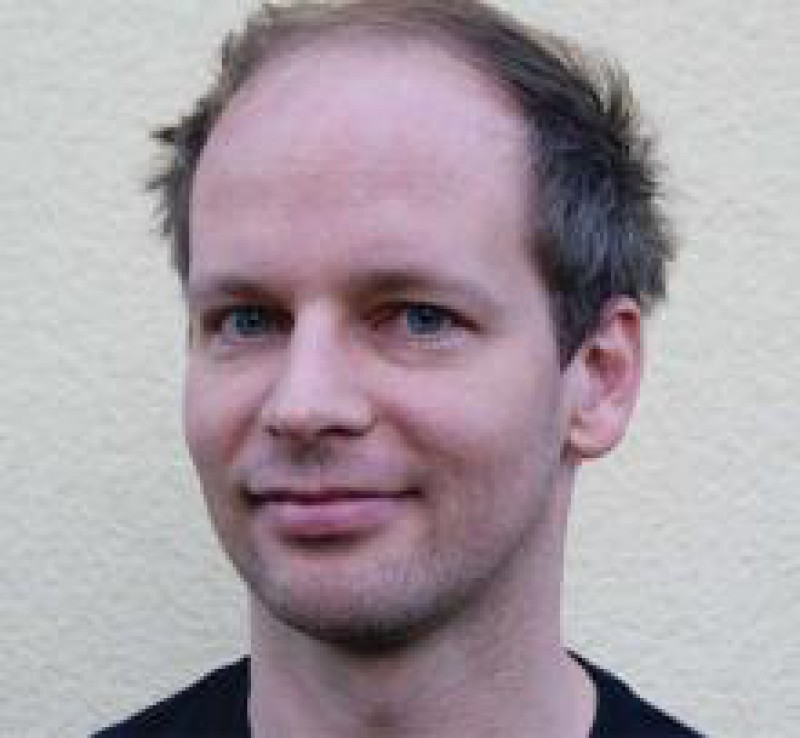KLI Colloquia are invited research talks of about an hour followed by 30 min discussion. The talks are held in English, open to the public, and offered in hybrid format.
Join via Zoom:
https://us02web.zoom.us/j/5881861923?omn=85945744831
Meeting ID: 588 186 1923
Spring-Summer 2026 KLI Colloquium Series
12 March 2026 (Thurs) 3-4:30 PM CET
What Is Biological Modality, and What Has It Got to Do With Psychology?
Carrie Figdor (University of Iowa)
26 March 2026 (Thurs) 3-4:30 PM CET
The Science of an Evolutionary Transition in Humans
Tim Waring (University of Maine)
9 April 2026 (Thurs) 3-4:30 PM CET
Hierarchies and Power in Primatology and Their Populist Appropriation
Rebekka Hufendiek (Ulm University)
16 April 2026 (Thurs) 3-4:30 PM CET
A Metaphysics for Dialectical Biology
Denis Walsh (University of Toronto)
30 April 2026 (Thurs) 3-4:30 PM CET
What's in a Trait? Reconceptualizing Neurodevelopmental Timing by Seizing Insights From Philosophy
Isabella Sarto-Jackson (KLI)
7 May 2026 (Thurs) 3-4:30 PM CET
The Evolutionary Trajectory of Human Hippocampal-Cortical Interactions
Daniel Reznik (Max Planck Society)
21 May 2026 (Thurs) 3-4:30 PM CET
Why Directionality Emerged in Multicellular Differentiation
Somya Mani (KLI)
28 May 2026 (Thurs) 3-4:30 PM CET
The Interplay of Tissue Mechanics and Gene Regulatory Networks in the Evolution of Morphogenesis
James DiFrisco (Francis Crick Institute)
11 June 2026 (Thurs) 3-4:30 PM CET
Brave Genomes: Genome Plasticity in the Face of Environmental Challenge
Silvia Bulgheresi (University of Vienna)
25 June 2026 (Thurs) 3-4:30 PM CET
Anne LeMaitre (KLI)
KLI Colloquia 2014 – 2026
Event Details

Topic description / abstract:
Despite rapid medical and technological advancements, modern humans are still subject to natural selection, and this goes beyond negative selection on life-threatening diseases. Sociocultural transitions and medical advancements can disrupt evolutionary equilibriums underlying modern human anatomy, physiology and life history. Using examples from childbirth and obstructed labor, autoimmune disorders, and sickle cell disease, I demonstrate how regular medical interventions can disrupt such evolved equilibriums and trigger new evolutionary changes with the potential to affect our bodies and health within only a few generations. Disentangling such complex biosocial evolutionary dynamics poses serious ethical questions and challenges the current borders between academic disciplines, but it has strong potential for guiding public health policies.
Biographical note:
Philipp Mitteroecker is associate professor of theoretical biology at the University of Vienna. He is also teaching at the University of Graz, and he is a directorial board member of the KLI Institute for Evolution & Cognition Research. His research interests include human and animal evolution, evolutionary medicine, biological anthropology, biostatistics, and the philosophy of science. He is particularly interested in the analysis of complex biological data, including morphometric, genetic, and demographic data, to understand and model the interaction of developmental, environmental, and evolutionary processes. Recent work includes the evolution and current transition of human childbirth and reproductive anatomy.


